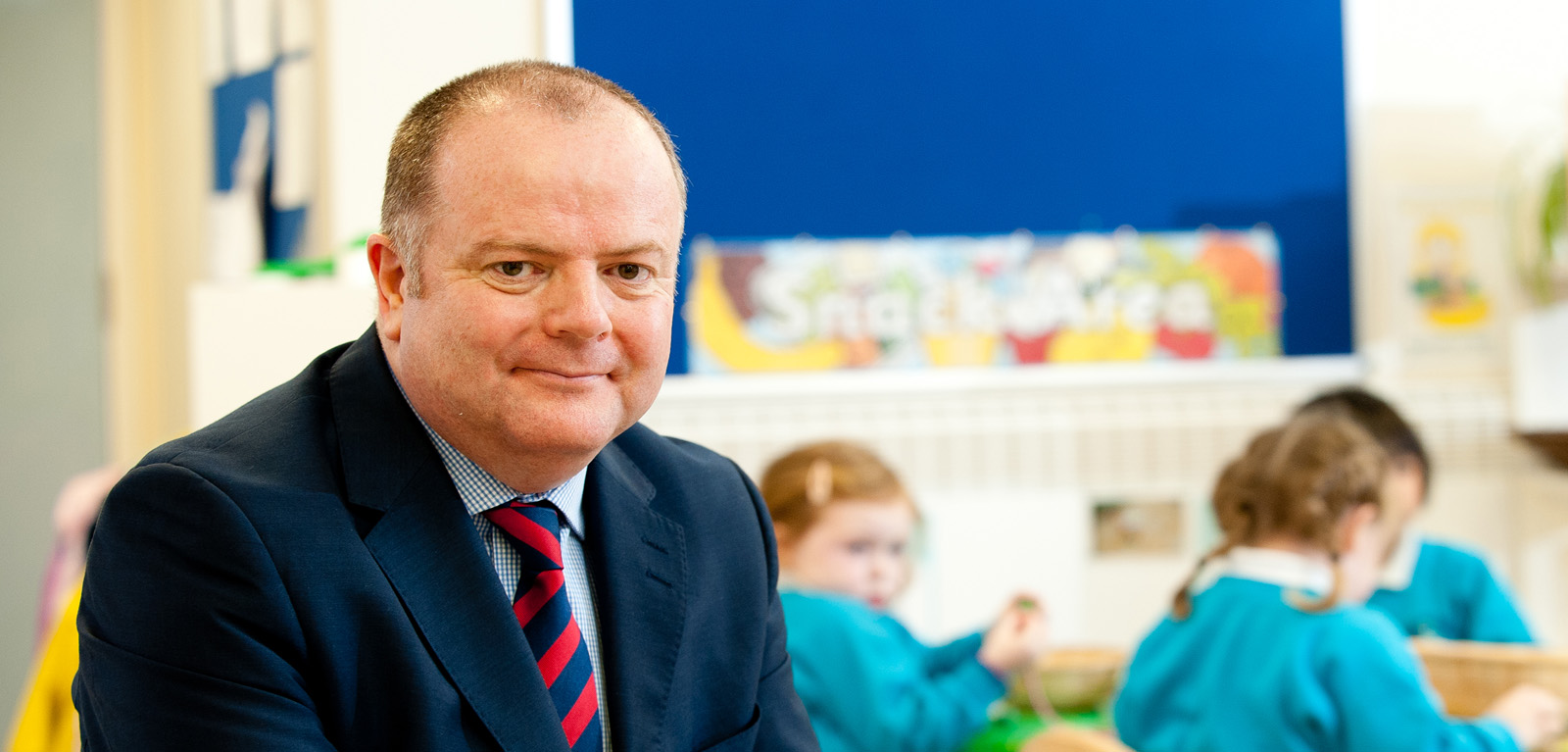Queen’s led International Research Network to explore role of Early Childhood Development
An international research network, led by the Centre for Evidence and Social Innovation (CESI) at Queen’s University Belfast, in partnership with UNICEF, Yale, Harvard and New York University (NYU), has been launched today (Wednesday 31 May).

The international research network will support the development and evaluation of early childhood development (ECD) services in low and middle income countries.
The team, led by Professor Paul Connolly, Director of CESI at Queen’s will work closely with researchers and ECD specialists in six countries which have experienced ethnic conflict and divisions including: Egypt, Kyrgyzstan, Mali, Tajikistan, Timor L’este and Vietnam to evaluate and develop new ECD services.
Professor Connolly, said: “We are delighted to be launching this international research network and to be taking the lessons we have learnt from Northern Ireland and applying them in a number of other countries. This is a truly global network, working in strategic partnership with UNICEF and drawing upon the considerable expertise of world-leading experts.”
Evidence shows that poverty has a major impact on a child’s development. There are approximately 250 million children (43 per cent) under five years old in low and middle income countries at risk of not achieving their developmental potential and this is worsened for those children living under the cloud of conflict.
It has been estimated that the overall cost to society of these developmental delays, in terms of individuals not reaching their full potential, being less qualified, less skilled or less likely to find employment, is double the amount that most lower and middle income countries pay annually on their health services nationally.
Professor Connolly, continued: “There is clear evidence that investing early in children’s lives through high quality ECD services can have long-lasting impacts in terms of their future educational attainment and employment prospects.
“A key element of this research is exploring how ECD services can make a positive contribution, not just to sustainable development and economic growth for these countries, but also in helping to build social cohesion and peace. We hope that this global research network will help us understand how ECD services might best be used to contribute to sustainable development and peacebuilding.”
Dr Rima Salah, from UNICEF, commented: “We are delighted to be working in partnership with Queen’s University, Yale, Harvard and NYU to help support the development and evaluation of ECD services in low and middle income countries. Peacebuilding is inevitably multifaceted and includes the need to deal with security issues and wider political processes. However, there is already strong and compelling evidence to suggest that it also needs to include investment in children, families and communities.”
The international research team will immediately commence their research within the six countries to evaluate and develop the ECD services.
For more information and updates, please visit: www.qub.ac.uk/cesi
Media
Media inquiries to Zara McBrearty, Communications Office at Queen's University Belfast on Tel: 028 90 97 3259 or email z.mcbrearty@qub.ac.uk